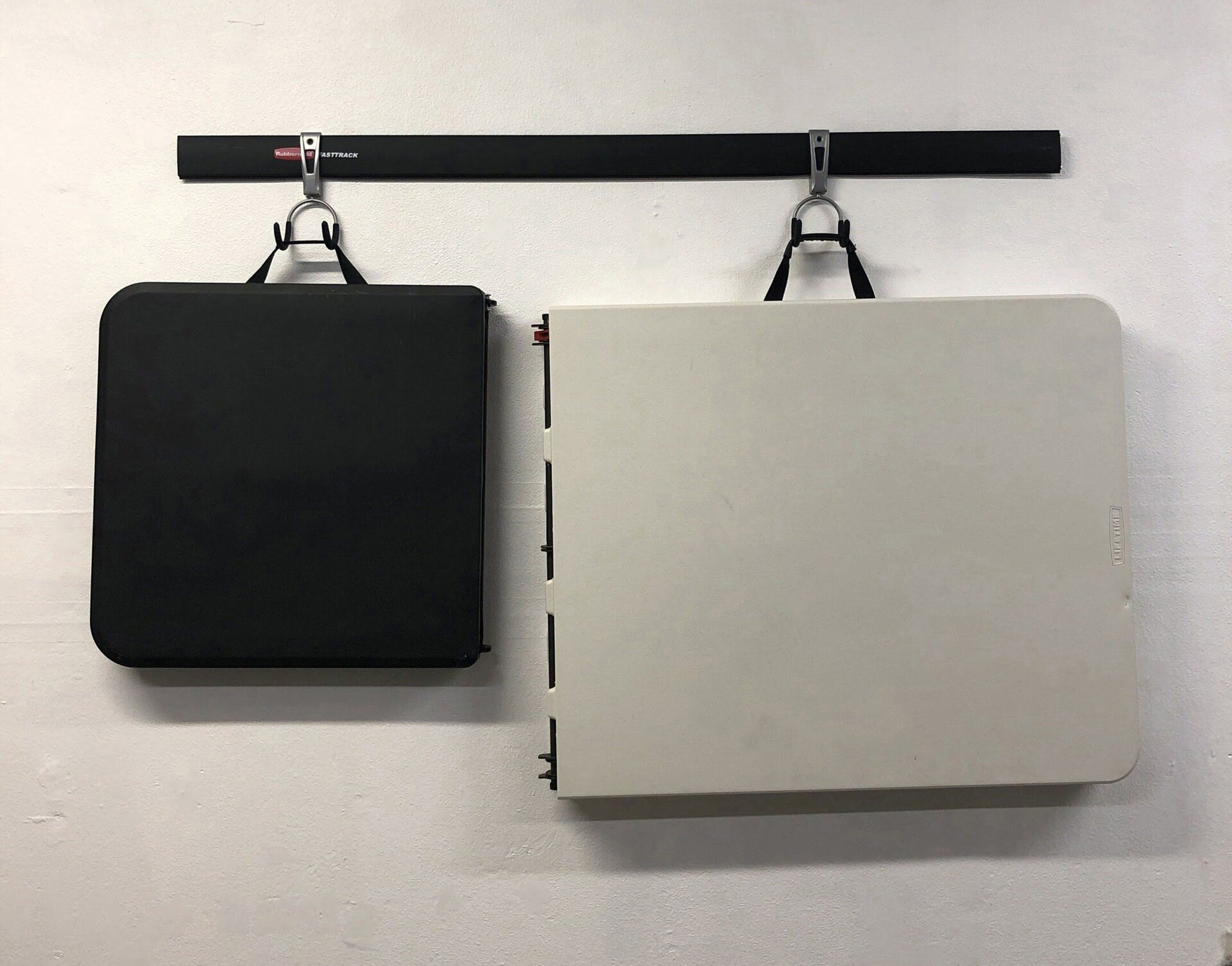

Articles
How To Store Folding Tables
Modified: January 21, 2024
Looking for articles on how to store folding tables? Read our comprehensive guide on the best storage solutions for your folding tables.
(Many of the links in this article redirect to a specific reviewed product. Your purchase of these products through affiliate links helps to generate commission for Storables.com, at no extra cost. Learn more)
Introduction
When it comes to saving space and maximizing versatility, folding tables are an excellent choice. Whether you use them for hosting events, setting up temporary workstations, or simply creating additional surface space, folding tables offer convenience and flexibility in any setting. However, when not in use, storing these tables properly is essential to ensure their longevity and functionality. In this article, we will explore the benefits of storing folding tables, provide tips for proper storage, discuss cleaning and maintenance techniques, and offer creative storage options for different environments.
Storing folding tables correctly not only helps in keeping them well-organized and easily accessible but also extends their lifespan. By following the right storage practices, you can prevent damage, minimize wear and tear, and retain the table’s original condition over time. Additionally, proper storage ensures that the tables are ready for use whenever needed, saving you time and effort.
Now let’s delve into the various benefits of storing folding tables and how to do it effectively.
Key Takeaways:
- Proper storage of folding tables is essential for longevity, space-saving, and easy accessibility. Follow cleaning, maintenance, and safe handling tips to protect your tables and enjoy their benefits for years to come.
- Explore creative storage options for folding tables, such as wall racks, ceiling storage, and modular cabinet systems, to maximize space and keep your tables easily accessible in various environments.
Read more: How To Fold A Napkin
Benefits of Storing Folding Tables
Proper storage of folding tables offers numerous benefits, making it a worthwhile investment of time and effort. Here are some key advantages:
- Longer Lifespan: Storing folding tables correctly helps to protect them from damage, such as scratches, dents, and warping. When tables are stored in a secure and organized manner, they are less likely to get bumped or knocked over, ensuring their longevity.
- Space Saving: Folding tables are designed with convenience in mind, and proper storage maximizes this advantage. By folding them up and storing them vertically, you can free up valuable floor space for other purposes. This is particularly beneficial in small homes, offices, or event venues where space is limited.
- Easier Accessibility: When folding tables are stored in a specific location, it becomes effortless to find and retrieve them when needed. This is especially important for venues that frequently host events or require temporary workspace setups. Quick and easy access to folding tables saves time and increases efficiency.
- Protection from Environmental Elements: Storing folding tables indoors protects them from outdoor elements, such as rain, sunlight, and extreme temperatures, which can cause damage or deterioration. Proper storage also safeguards the tables from dust and debris that could accumulate over time.
- Enhanced Aesthetics: Storing folding tables in a neat and organized manner contributes to the overall aesthetics of a space. Whether it’s in a storage closet, garage, or designated storage room, properly stored folding tables create a visually pleasing environment and give a sense of orderliness.
- Cost-Saving: Storing folding tables properly can help save on repair or replacement costs. By protecting them from damage and ensuring their longevity, you avoid the need to buy new tables or spend money on repairs.
By recognizing the benefits of storing folding tables, you can understand the importance of implementing proper storage practices. Now, let’s explore some valuable tips for storing folding tables effectively.
Tips for Storing Folding Tables Properly
To ensure the longevity and functionality of folding tables, it is crucial to store them properly. Here are some helpful tips to follow:
- Clean and Prepare: Before storing folding tables, make sure to clean them thoroughly. Remove any debris or spills from the surface and dry them completely. This prevents the accumulation of dirt or moisture during storage, which can lead to damage or mold growth.
- Secure Folding Mechanism: Fold the tables properly according to manufacturer guidelines. Ensure that the folding mechanism locks securely in place to avoid accidental unfolding during storage, which can damage the table and pose a safety risk.
- Protective Covers: Consider using protective covers or blankets to shield the folded tables from dust, scratches, and impacts. This is especially important when storing tables in high-traffic areas or shared storage spaces where they may come into contact with other items.
- Utilize Vertical Storage: To optimize space, store folding tables vertically whenever possible. This can be done by leaning them against a wall, using wall-mounted brackets, or investing in collapsible wall racks designed specifically for folding table storage. Vertical storage minimizes the footprint and allows for easy accessibility.
- Organize by Size: If you have multiple sizes of folding tables, it is beneficial to organize them by size. This makes it easier to locate the desired table when needed and prevents unnecessary shuffling or rearranging of tables during storage.
- Avoid Excessive Weight: Do not stack heavy items or place excessive weight on top of stored folding tables. This can cause the tables to warp or become structurally compromised. If stacking is necessary, use protective padding or spacers between tables to distribute the weight evenly.
- Select an Ideal Storage Location: Choose a suitable storage location that is dry, well-ventilated, and away from extreme temperature fluctuations. Avoid areas prone to moisture, such as basements or areas near water sources, as this can lead to table damage or mold growth.
- Label and Inventory: If you are storing folding tables in a shared storage space, label each table and maintain an inventory list. This helps to keep track of the number of tables and ensures that they can be easily located and accounted for.
By following these tips, you can store your folding tables properly, minimizing the risk of damage and maximizing their lifespan. Next, let’s explore the cleaning and maintenance techniques required to keep folding tables in excellent condition.
Cleaning and Maintenance of Folding Tables
Cleaning and maintaining folding tables regularly is essential to preserve their appearance and functionality. Here are some important steps to follow:
- Remove Debris: Before cleaning, remove any loose debris, such as food crumbs or dirt, from the surface of the table. Use a soft-bristle brush or a lint-free cloth to gently brush away the debris.
- Choose the Right Cleaning Solution: Depending on the material of the table, select an appropriate cleaning solution. For most folding tables, mild dish soap mixed with water is sufficient. Avoid using abrasive or harsh chemicals that could damage the table’s surface.
- Wipe Down the Surface: Dip a clean cloth or sponge into the cleaning solution and gently wipe down the table’s surface. Pay attention to any stains or sticky spots and apply a bit more pressure if necessary. For stubborn stains, you can use a non-abrasive cleaner specific to the table’s material.
- Dry Thoroughly: After cleaning, make sure to dry the table completely to prevent moisture damage. Use a dry cloth or allow the table to air-dry naturally. Avoid exposing the table to direct sunlight or placing it near a heat source for faster drying, as this can cause warping or discoloration.
- Protective Coating: Consider applying a protective coating to the surface of the folding table, especially if it is made of wood or has a sensitive finish. This helps to protect against spills, scratches, and UV damage. Follow the manufacturer’s instructions for the specific coating product.
- Inspect for Damage: Regularly inspect your folding tables for any signs of damage, such as cracks, loose hinges, or unstable legs. Address any issues promptly to prevent further damage and ensure the safety of users.
- Store in a Clean Environment: When not in use, store folding tables in a clean and dry environment to prevent dust and debris from settling on the surface. Cover them with protective blankets or use dust covers to further safeguard against dirt accumulation.
- Avoid Excessive Weight: During storage, avoid placing heavy items on top of the folded tables, as this can cause bending or warping. Store them in a way that ensures they are not subjected to excessive pressure or weight.
By following these cleaning and maintenance practices, you can keep your folding tables in excellent condition and extend their lifespan. Now, let’s explore the safe handling and transportation techniques for folding tables.
Safe Handling and Transportation of Folding Tables
Proper handling and transportation of folding tables are essential to prevent damage or accidents. Whether you’re moving them within your home, setting them up for an event, or transporting them to a different location, follow these tips to ensure safety:
- Team Lifting: Folding tables can be heavy, so it is advisable to use a team lifting approach when moving them. Enlist the help of another person to evenly distribute the weight and reduce the risk of strain or injury.
- Secure the Folding Mechanism: Before lifting or moving the table, ensure that the folding mechanism is securely locked in place. This prevents accidental unfolding, which could lead to finger injuries or damage to the table.
- Protect the Surface: When handling or transporting folding tables, use protective padding or blankets to safeguard the surface from scratches or impacts. This is particularly important when loading them onto a vehicle or stacking them during transportation.
- Use a Dolly or Cart: For larger or heavier folding tables, consider using a dolly or cart with wheels for easier transportation. Make sure the dolly or cart is stable, and securely strap the table onto it to prevent shifting or falling during movement.
- Avoid Dragging: Dragging folding tables can damage the legs or the surface. Instead, lift them slightly and roll them if necessary, using a smooth and even surface. Avoid dragging them across rough or abrasive surfaces.
- Maintain Balance: When carrying a folding table, keep it balanced to avoid tipping or losing control. This is especially important when navigating stairs or narrow spaces.
- Protective Edges: If your folding table has sharp edges, consider using edge protectors or foam padding to prevent injury during handling or transportation. This is particularly important when working in crowded or busy spaces.
- Secure in a Vehicle: When transporting folding tables in a vehicle, ensure they are securely fastened to prevent movement or sliding. Use straps or bungee cords to secure them to anchor points in the vehicle.
- Follow Traffic Regulations: If you’re transporting folding tables on a public road, follow all traffic regulations and secure them safely within the vehicle. Avoid overloading the vehicle, as this can affect stability and safety.
By following these safe handling and transportation practices, you can protect yourself, others, and the folding tables from accidents or damage. Now, let’s explore how to store folding tables in different environments.
Read more: How To Fold A Napkin Into A Crown
Storing Folding Tables in Different Environments
Depending on the environment in which folding tables are stored, there may be specific considerations to ensure their longevity and functionality. Here are some guidelines for storing folding tables in different environments:
Home Storage:
When storing folding tables at home, consider the available space and accessibility. Here are some tips:
- Designate a specific storage area, such as a closet, garage, or basement, to keep the tables organized and easily accessible.
- Utilize vertical storage options, such as wall-mounted brackets or collapsible wall racks, to save floor space.
- Keep the storage area clean, dry, and free from potential hazards or damage-causing elements.
- Label each folding table to easily locate the desired size or type when needed.
Event Venue Storage:
Event venues often have a large inventory of folding tables. Here are some considerations for storing them in this environment:
- Use a dedicated storage room or area to keep the folding tables organized and separate from other event equipment.
- Implement a labeling and inventory system to keep track of the tables and easily find the required ones for each event.
- Utilize sturdy storage racks or trolleys to safely stack and transport the folding tables between storage and event spaces.
- Regularly inspect the tables for damage or wear and tear and address any issues promptly to maintain their functionality.
Outdoor Storage:
If you need to store folding tables outdoors, consider these tips to protect them from the elements:
- Invest in durable, weather-resistant folding tables that can withstand exposure to sunlight, rain, and other environmental factors.
- Cover the tables with waterproof, UV-resistant covers to protect them from rain, snow, and harmful UV rays.
- Store the tables in a covered, well-ventilated area to prevent moisture buildup and minimize the risk of damage or mold growth.
- Regularly clean and inspect the tables for any signs of damage caused by weather or pests, and address them promptly.
Read more: How To Fold A Linen Napkin
Commercial Storage Facilities:
If you opt to store your folding tables in a commercial storage facility, here are some suggestions:
- Choose a reputable storage facility that has adequate security measures to ensure the safety of your tables.
- Properly wrap and pad the folding tables to protect them during transportation to the storage facility.
- Opt for climate-controlled storage units to protect the tables from extreme temperature fluctuations and humidity.
- Stack the tables safely and utilize protective padding or spacers to prevent scratches or damage between tables.
- Maintain regular communication with the storage facility to ensure the security and condition of your folding tables.
By considering the specific needs of different environments, you can effectively store your folding tables and ensure they remain in good condition. Lastly, let’s explore some creative storage options for folding tables.
When storing folding tables, it’s best to keep them in a dry and clean area to prevent rust and damage. Consider using a table storage rack or covering them with a protective tarp to keep them in good condition.
Creative Storage Options for Folding Tables
When it comes to storing folding tables, there are various creative options that can help maximize space and enhance organization. Here are some innovative storage ideas:
- Foldable Wall Racks: Install foldable wall racks specifically designed for storing folding tables. These racks allow you to vertically store multiple tables, saving floor space and keeping them easily accessible.
- Pegboard Storage: Use a pegboard system to hang folding tables on hooks. This method allows for efficient storage and customization, as you can easily rearrange the hooks to accommodate different table sizes.
- Ceiling Storage: Utilize overhead space by installing a ceiling-mounted storage system. This system typically consists of adjustable hooks or straps that securely hold the folded tables, keeping them out of the way while still easily accessible.
- Sliding Storage Shelves: Install sliding shelves in a storage closet or room to store folding tables. This allows you to slide the shelves out to access the tables and push them back in when not in use, creating a compact and organized storage solution.
- Under-Bed Storage: If you have limited storage space, consider storing folding tables under the bed. Use storage containers or bags to keep the tables clean and protected while maximizing the space available.
- Custom-Built Storage Benches: Create multi-functional storage benches that can double as seating and storage for folding tables. This option works well in spaces where tables are frequently used, such as children’s play areas or outdoor patios.
- Modular Cabinet Systems: Invest in modular cabinet systems that can be customized to fit your folding tables. These systems typically offer adjustable shelves or compartments, allowing you to store tables of different sizes while optimizing storage space.
- Mobile Storage Carts: Use mobile storage carts with shelves or compartments designed specifically for folding tables. These carts allow you to transport the tables easily and efficiently while also providing a storage solution when not in use.
- Convertible Furniture: Look for furniture pieces that have built-in storage compartments designed to accommodate folding tables. This can include storage ottomans, coffee tables, or even dining tables with hidden storage compartments.
By exploring these creative storage options, you can find a solution that suits your space and storage needs while keeping your folding tables organized and easily accessible. Now, let’s summarize the key points discussed in this article.
Conclusion
Proper storage is crucial for maintaining the functionality and longevity of folding tables. By implementing the right storage practices, you can benefit from space-saving solutions, easy accessibility, and protected tables. Storing folding tables properly not only extends their lifespan but also saves you time, effort, and money in the long run.
Throughout this article, we have explored the various benefits of storing folding tables, such as longer lifespan, space-saving advantages, and enhanced aesthetics. We have provided tips on how to store folding tables properly, emphasizing the importance of cleaning, securing the folding mechanism, and utilizing vertical storage options.
In addition, we discussed the importance of cleaning and maintaining folding tables, including removing debris, choosing the right cleaning solution, and protecting the surface. We also highlighted the significance of safe handling and transportation, offering guidance on lifting techniques, securing the folding mechanism, and protecting the surface during movement.
Furthermore, we explored the storage considerations for different environments, including home storage, event venues, outdoor storage, and commercial storage facilities. Each environment requires specific measures to ensure the safety and longevity of folding tables.
Lastly, we presented creative storage options for folding tables, such as foldable wall racks, ceiling storage, customized storage benches, and modular cabinet systems. These innovative ideas can help maximize space and organization while keeping your folding tables easily accessible.
In conclusion, by following the advice provided in this article, you can store your folding tables properly, protect them from damage, and enjoy the benefits of space-saving and easily accessible furniture. Remember to clean and maintain your tables regularly, handle and transport them safely, and choose the most suitable storage options for your specific environment. By implementing these practices, you can ensure that your folding tables remain in top condition for years to come.
Frequently Asked Questions about How To Store Folding Tables
Was this page helpful?
At Storables.com, we guarantee accurate and reliable information. Our content, validated by Expert Board Contributors, is crafted following stringent Editorial Policies. We're committed to providing you with well-researched, expert-backed insights for all your informational needs.

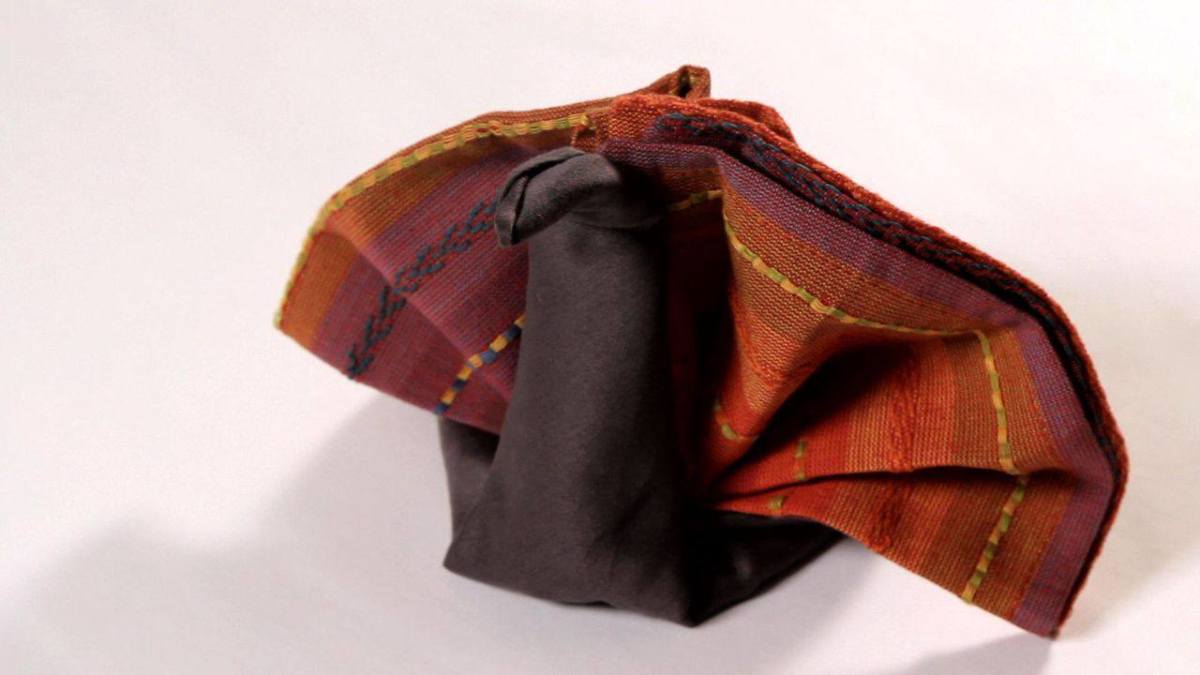
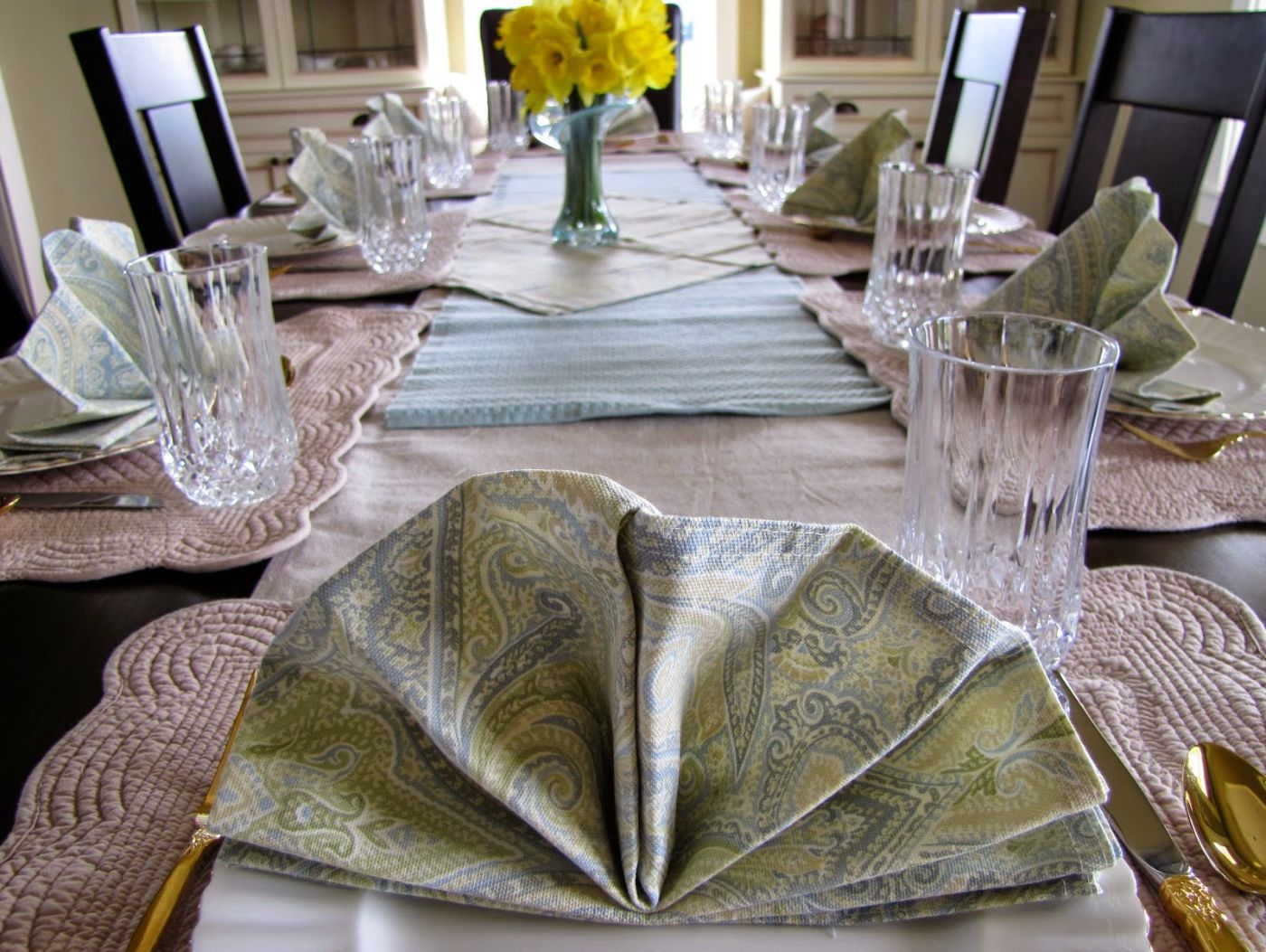

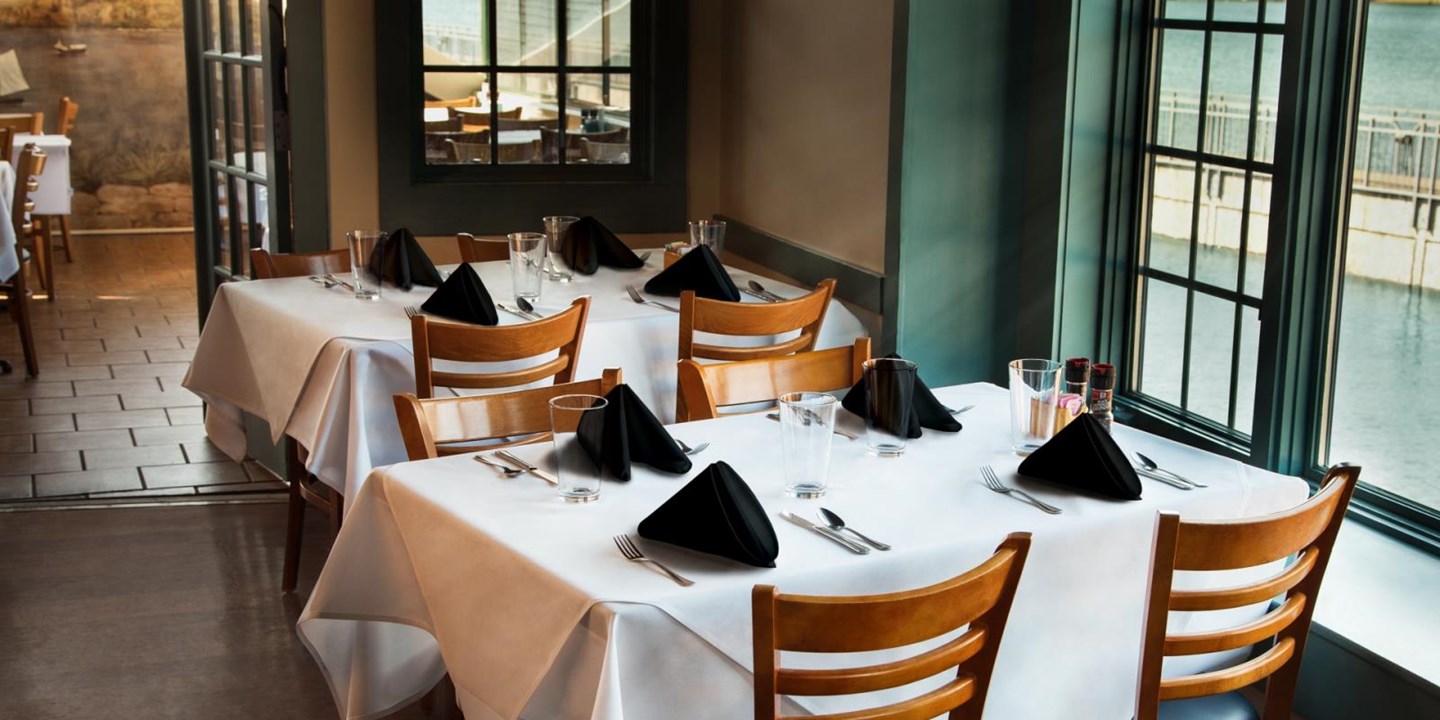
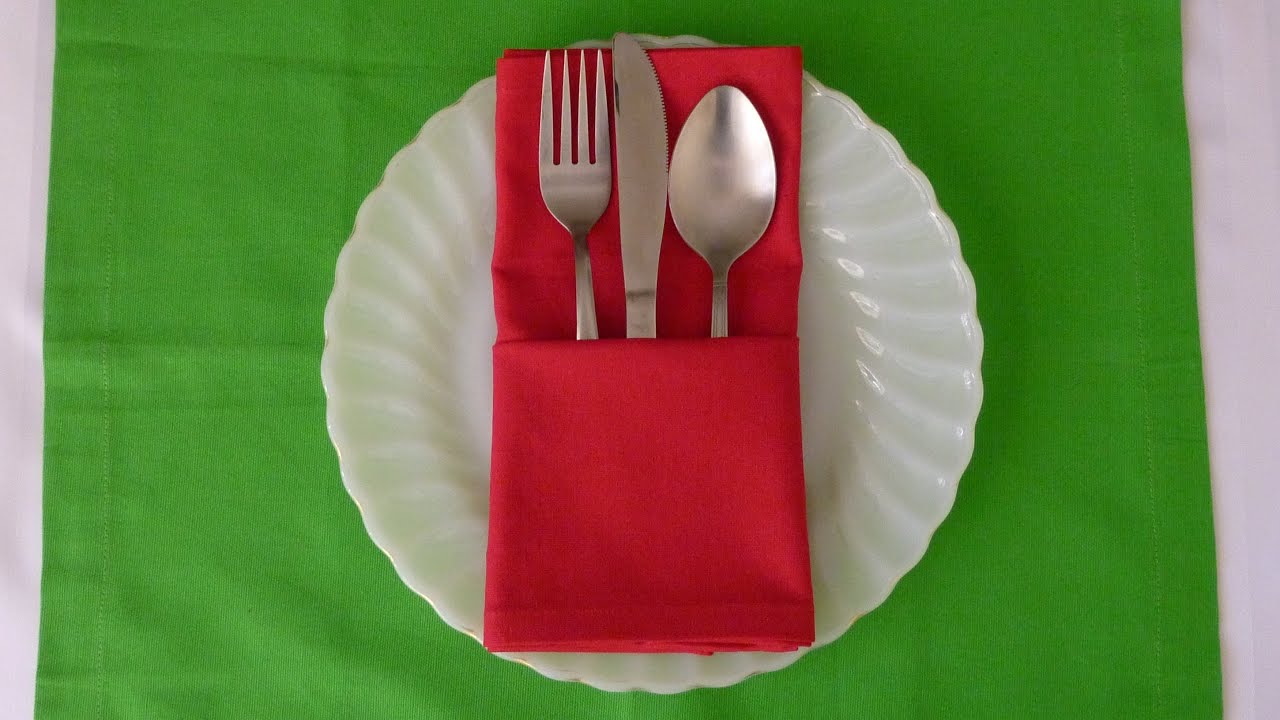
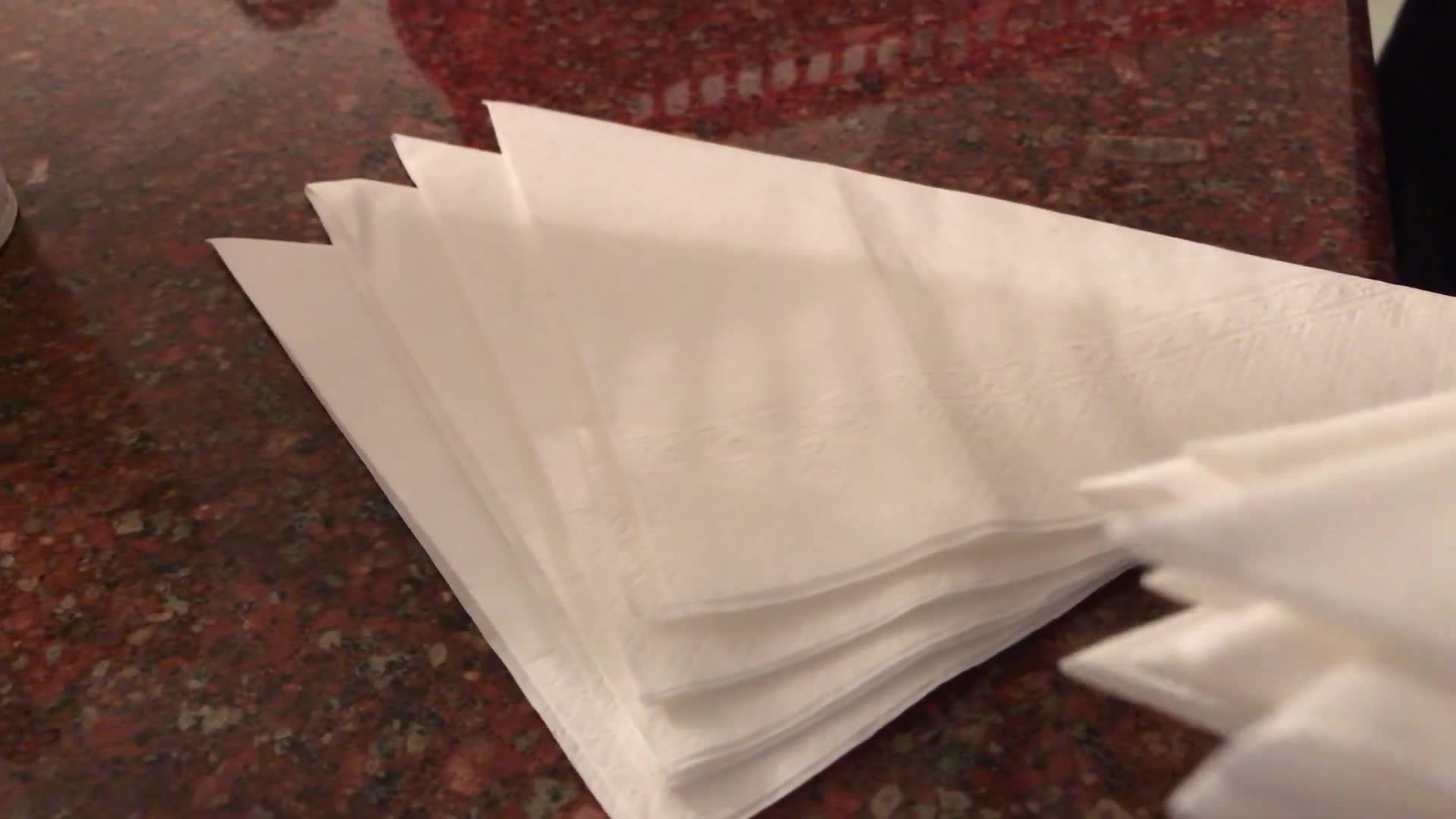
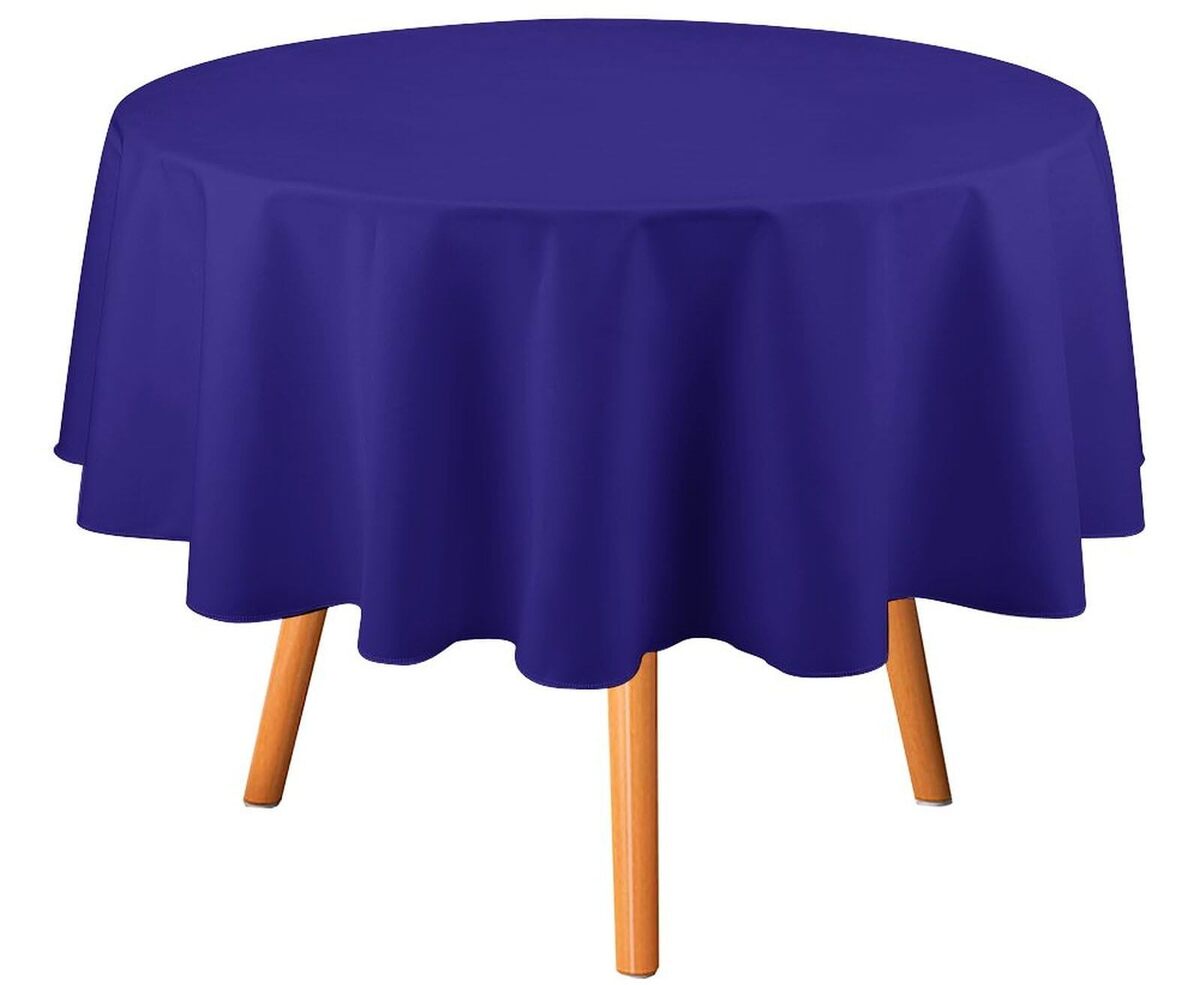
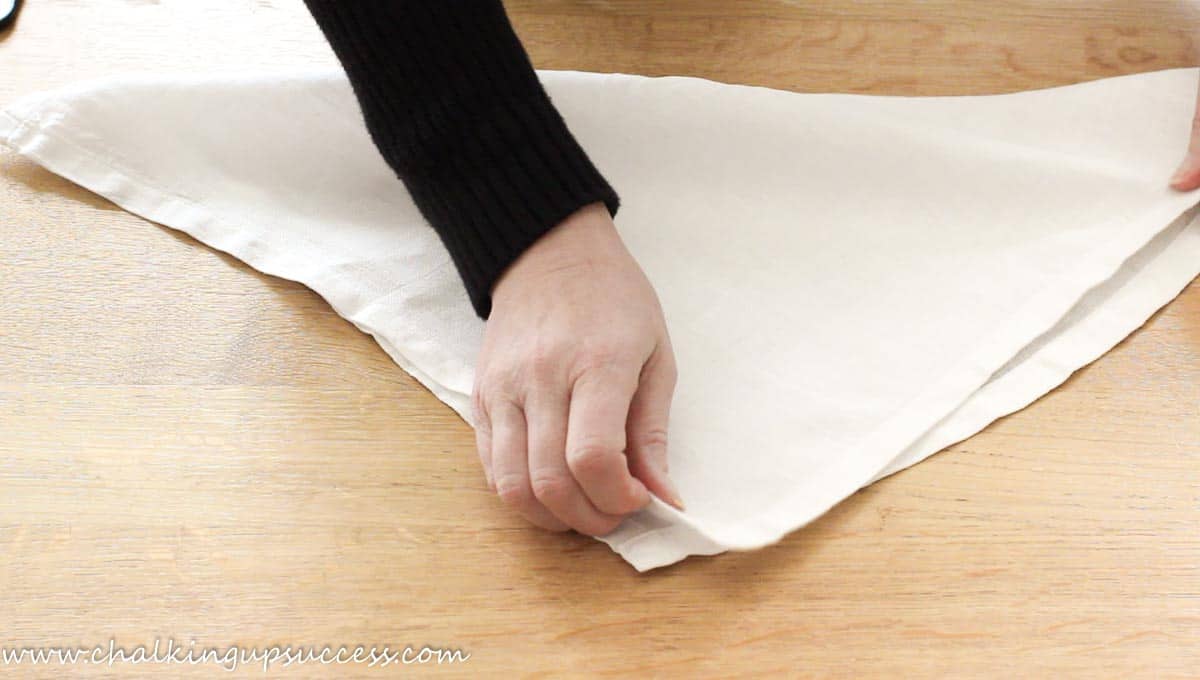

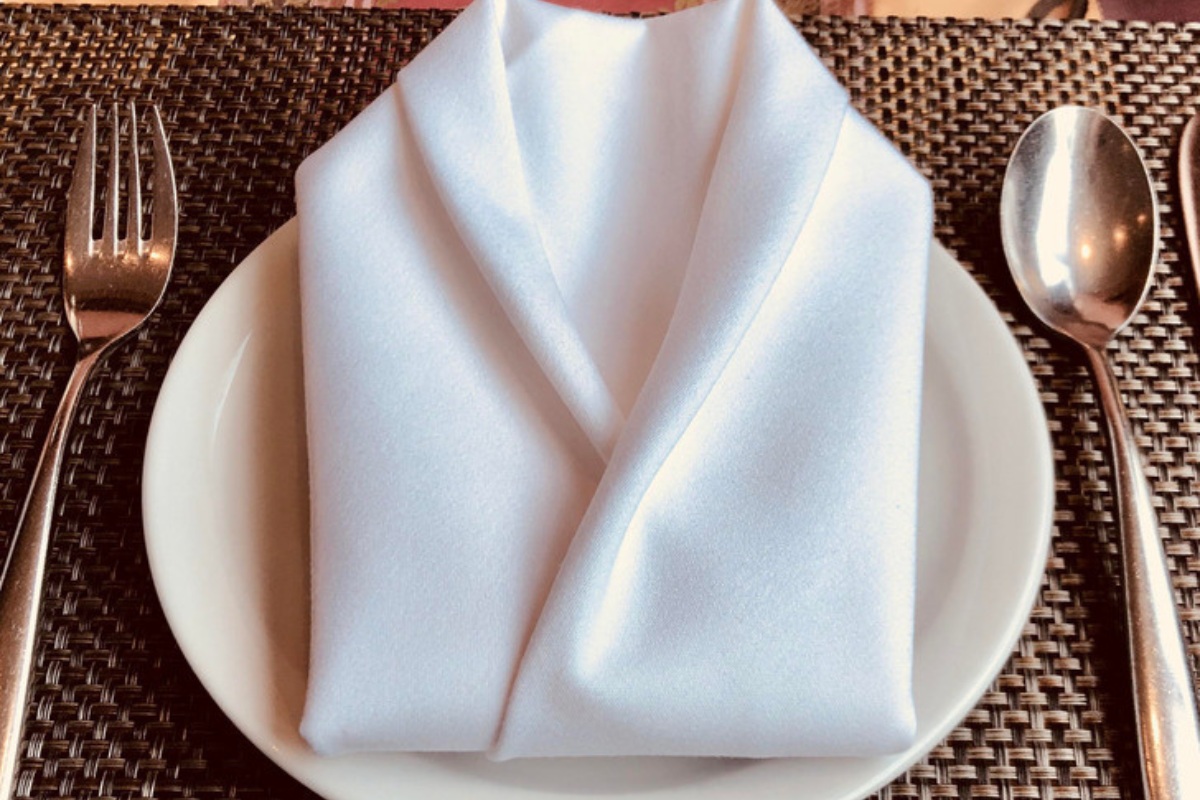
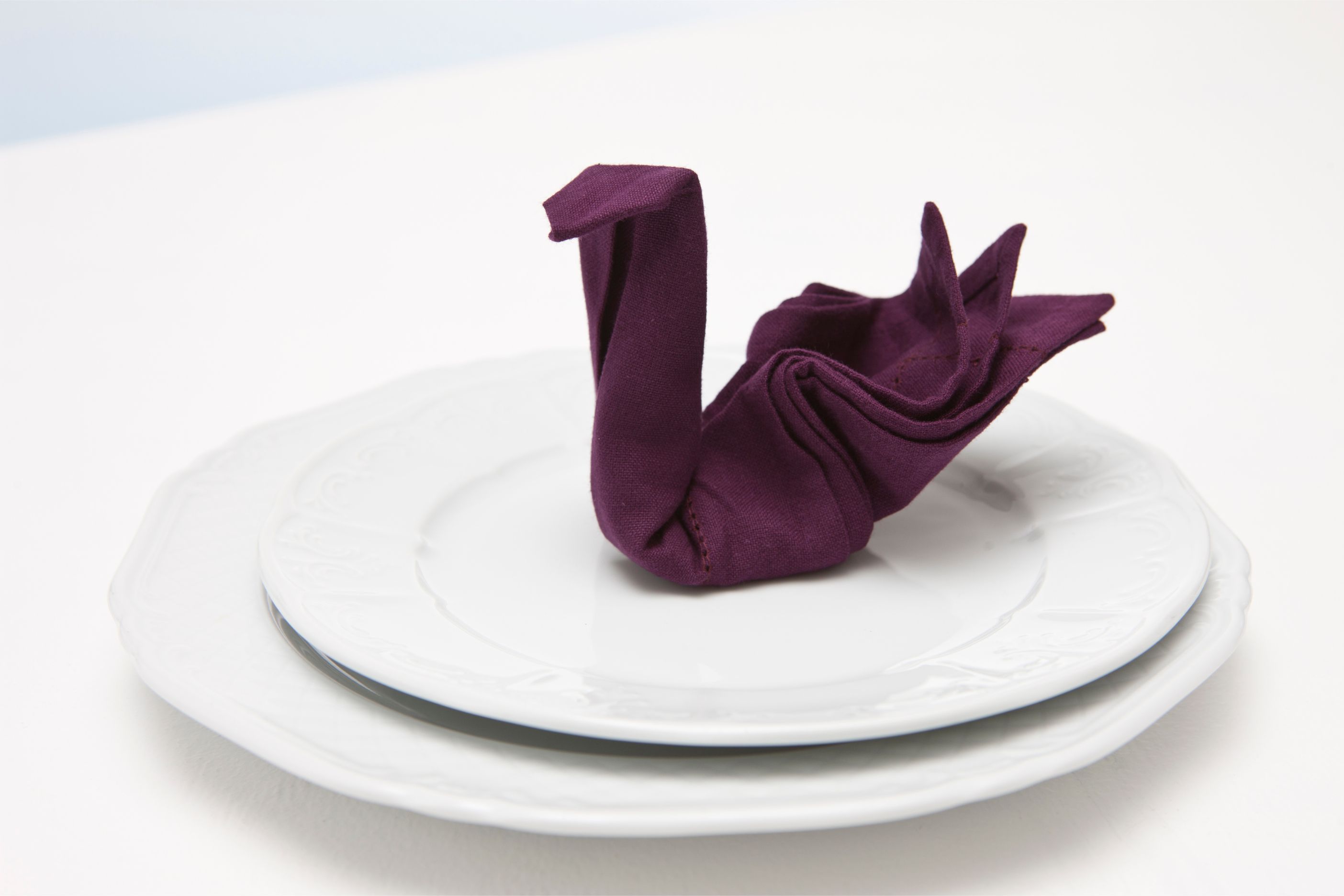
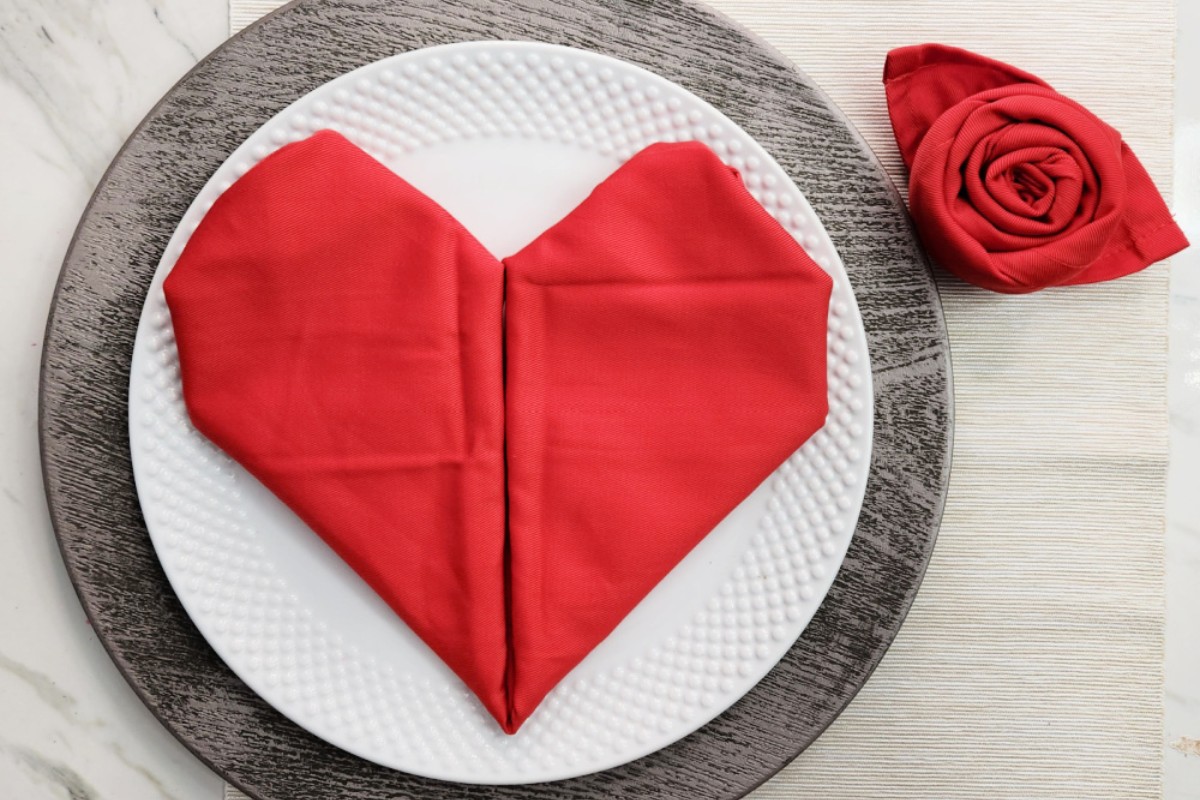

0 thoughts on “How To Store Folding Tables”